Seasonal Produce and their Benefits
by Liza – Thursday, 8. November 2018
Eating seasonal and local produce doesn’t only ensure you’ll be eating fresh, it’s also beneficial to the environment, since it reduces the emission of greenhouse gases caused by long distance transportation. What’s more, is that you support local farmers by buying local produce. You’ll find some seasonal and local produce below, that’ll ensure a balanced diet this winter you can enjoy with a good conscience.
Kale
Superfood Kale has been having a real movement in the last few years and we still can’t get enough! Whether you put it in your green juice, make kale chips or add it to your salad, it’s a great choice thanks to it’s high share in iron, vitamin C and vitamin K. What’s more, kale can even help lower cholesterol levels, which may reduce the risk of heart disease.
Quince
Quinces have quite a short season, going from October to November, so make sure to get your hands on this sweet-sour fruit while you still can!
They’re a great source of fiber, iron, magnesium, potassium and especially vitamin C, which makes them sunshine in fruit form. They’re quite hard when raw, however they make a great alternative to apples or pears on a tart or just roasted in the oven as a snack. Another popular method is making quince jam so you can enjoy them year-round.
Parsnip
This pale brown root vegetable is a close relative of the carrot, nevertheless it’s often overlooked. It has a high share in vitamin C and vitamin B and is also high in fibers. Parsnips can be baked, boiled, sautéed, mashed, roasted or steamed, making it a great alternative to carrots and even potatoes and a perfect healthy snack.
Beetroot
Beetroot should be an athlete’s best friend. High in potassium, magnesium and manganese, it’s the perfect cramp and soreness preventer. What’s more, is that beetroot is exceptionally versatile. Add it to your salad to have autumn in a plate or add it to your juice to have a deliciously sweet glass of pink goodness. But don’t just stop there and overlook the greens, they’re incredibly high in iron and calcium, which makes them a perfect substitute to spinach.
Pumpkin
No need to stop buying pumpkins after Halloween! Pumpkins are packed with Vitamin A, which make them great for your eyesight but they’re also rich in vitamin C, D and E, as well as potassium, which will all boost your immune system and what’s better than a nice and warm pumpkin soup to beat the cold anyway?
Brussel Sprouts
Brussel sprouts are actually small powerballs full of antioxidants, which are great for your overall health. They’re especially high in kaempherol, an antioxidant which may reduce inflammation and increase heart health.
Packed with iron and fiber, they’re also good for your gut health and in addition, they’re rich in Vitamin K, which promotes bone growth.
References:
https://eatsmarter.de/lexikon/warenkunde/salat/bataviasalat
https://www.healthline.com/nutrition/pumpkin#section2
https://inspire.psyclelondon.com/post/eat-with-the-seasons
https://www.coop.ch/content/dam/gesund-essen/_pdf/coop_produkteliste_d.pdf

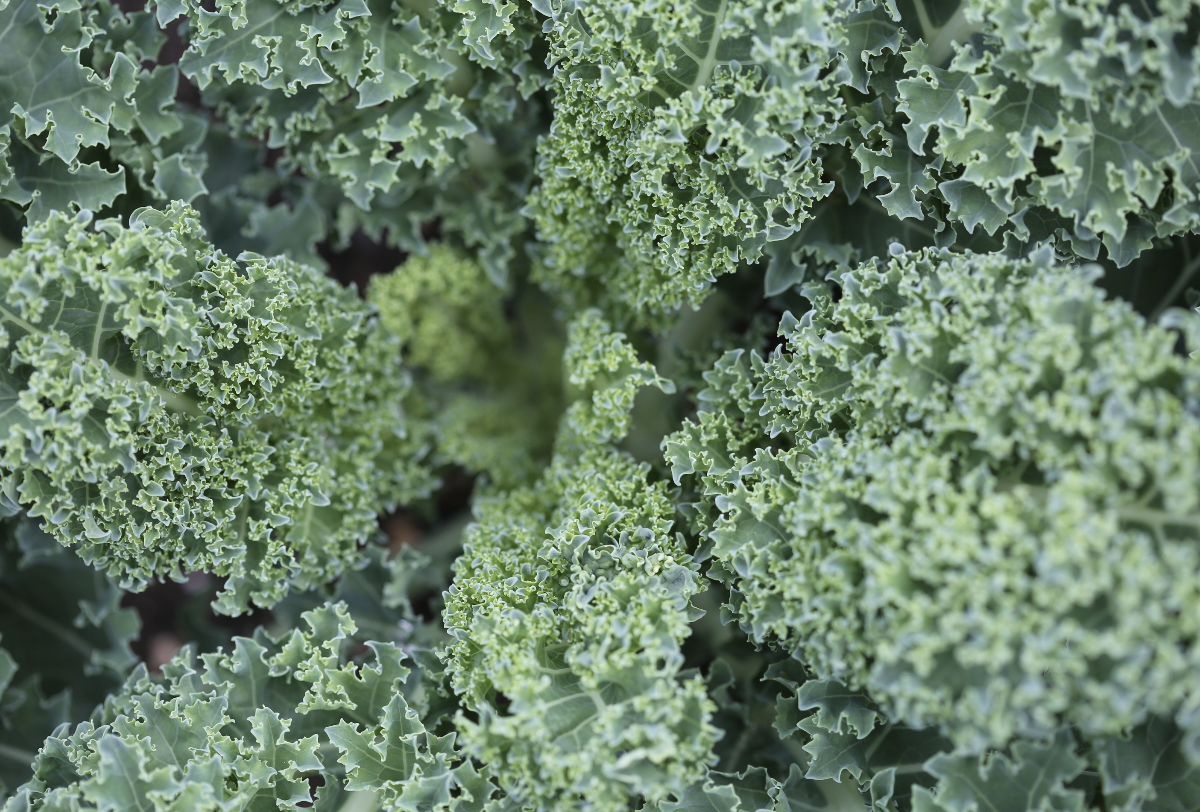
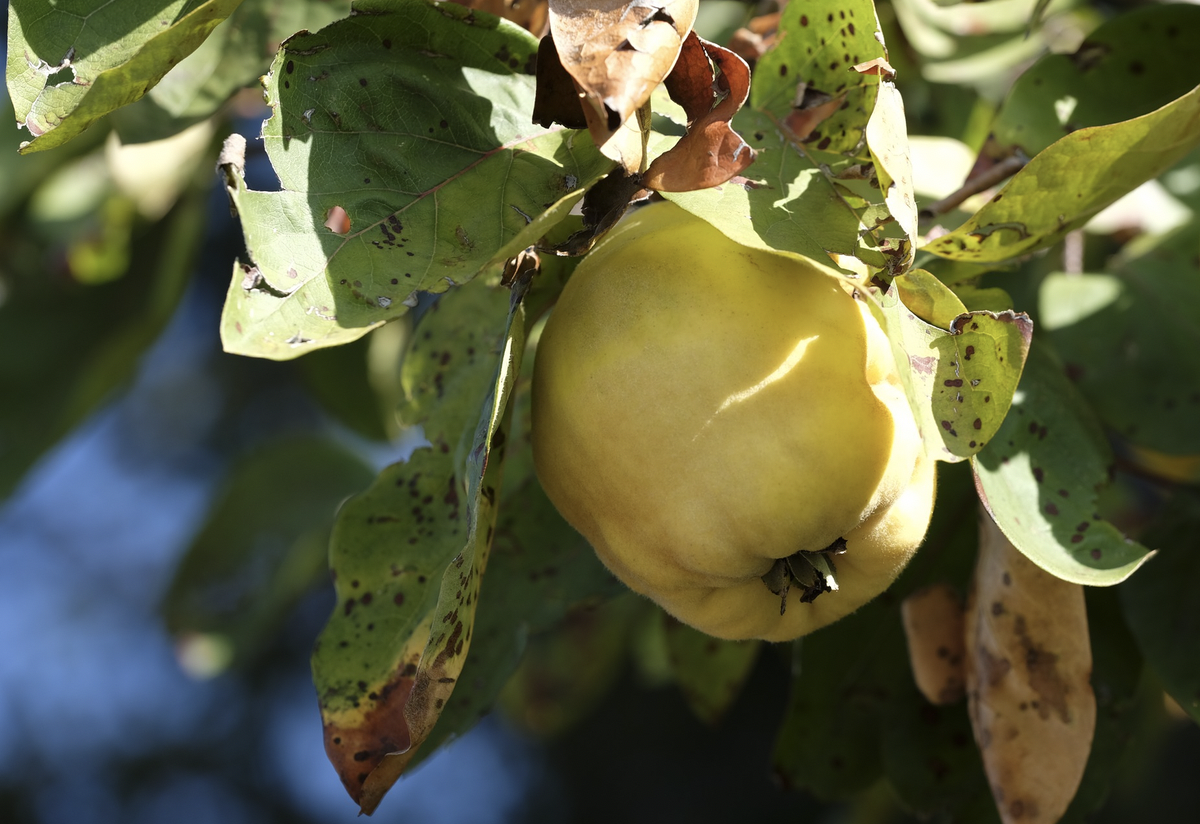
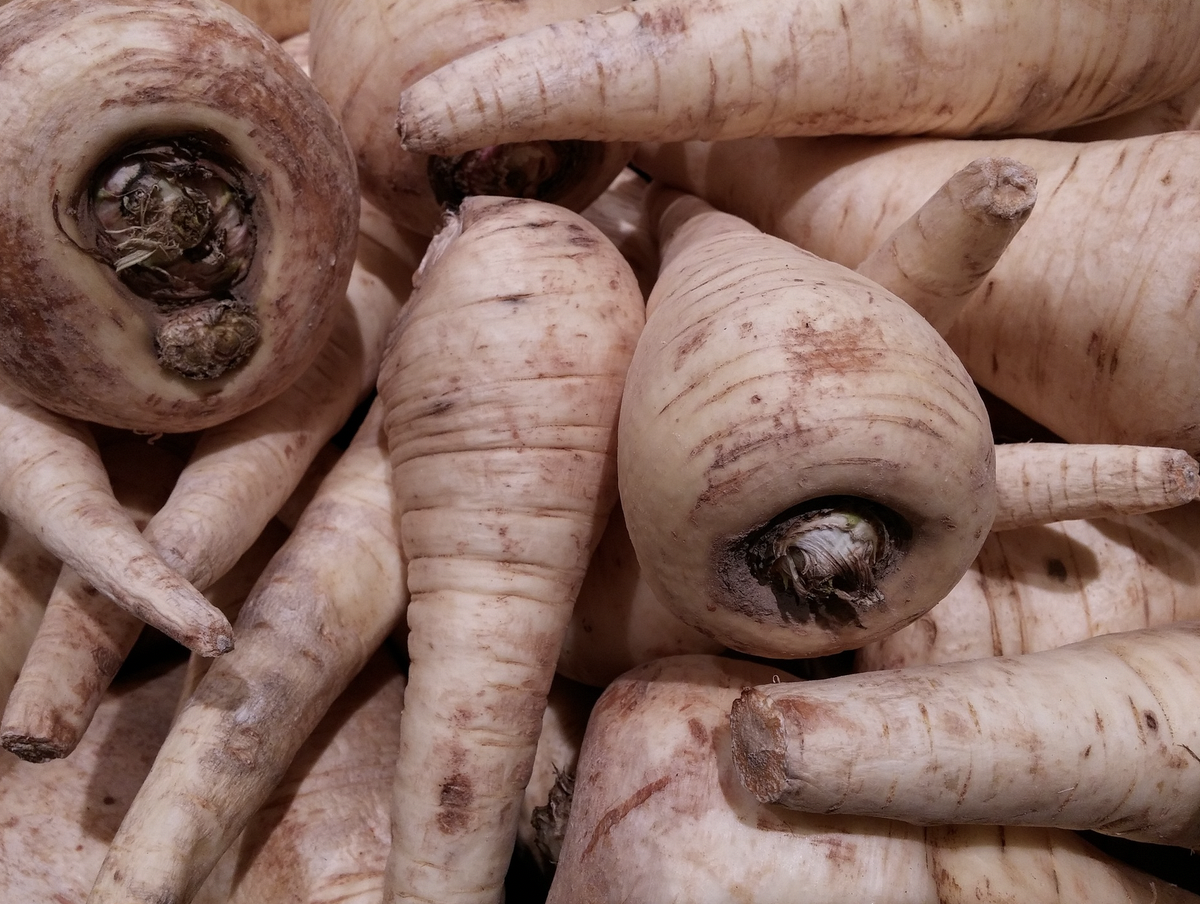
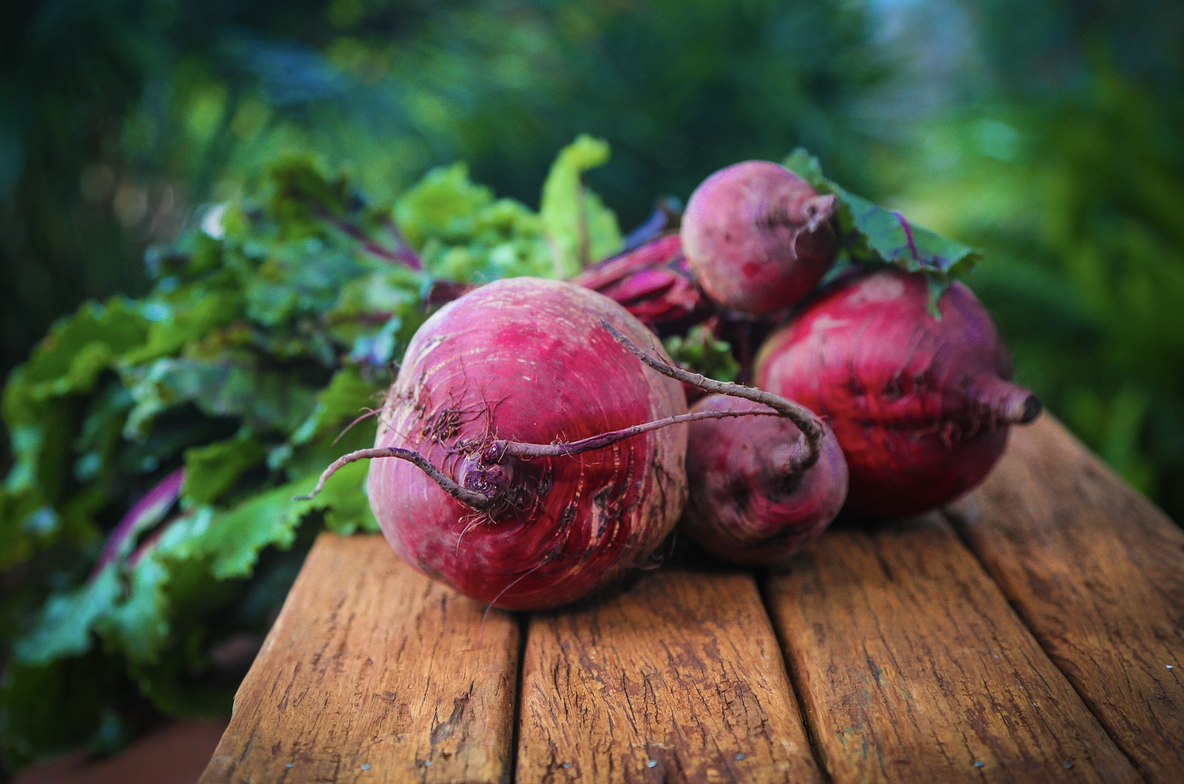
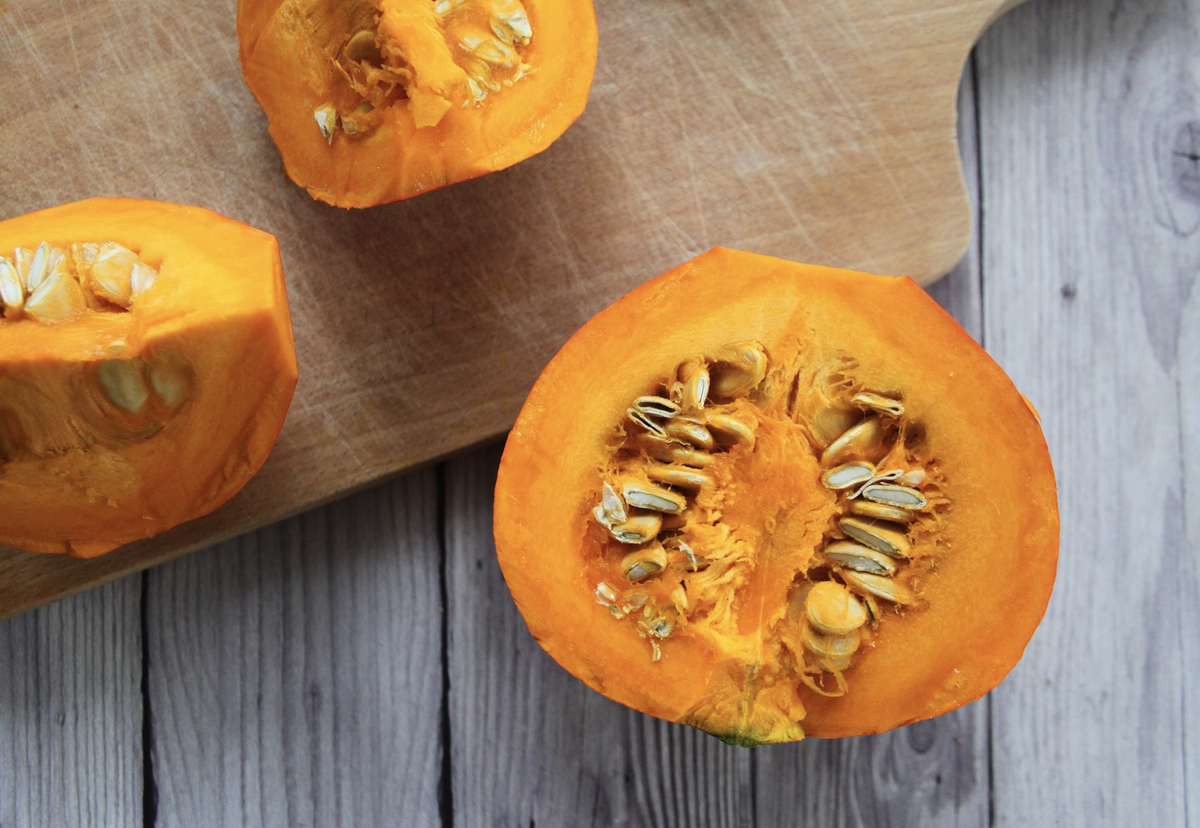
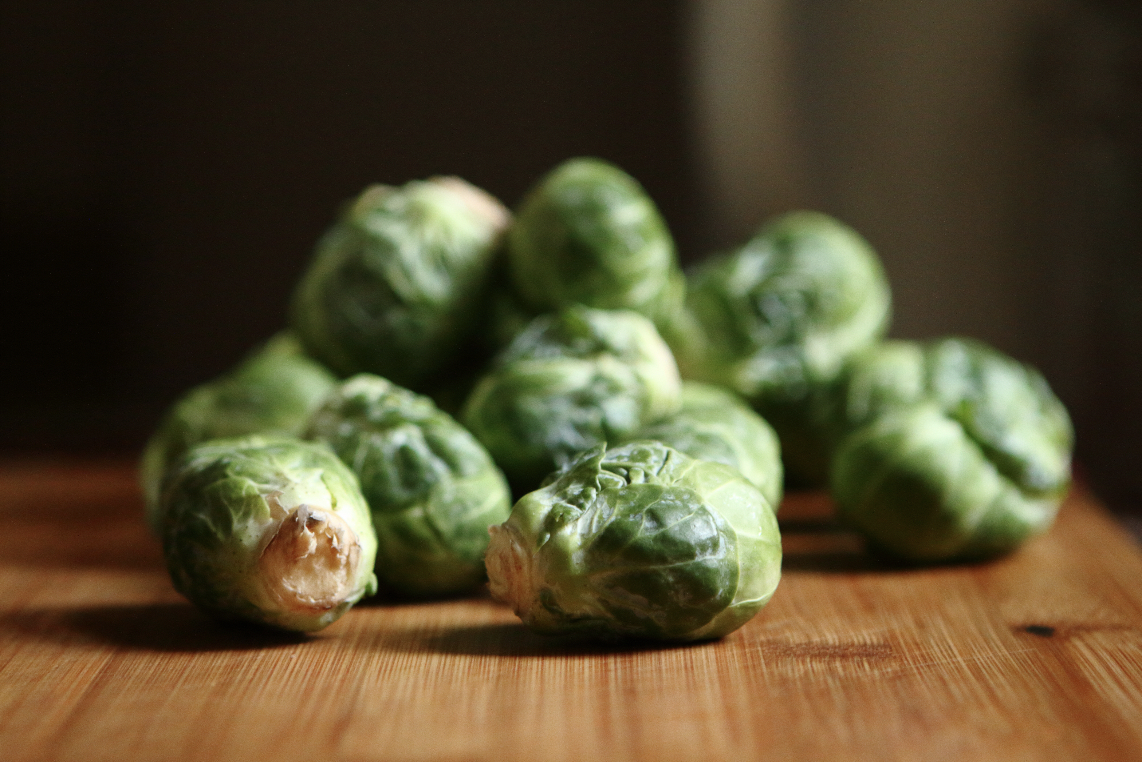


Der Muskelkrampf und wie man ihn besiegt
/in Health, Lifestyle, Rides/by VC WordpressMeditation: How & Why
/in Health, Lifestyle, Rides/by VC WordpressNew Year’s Eve in Zurich
/in Health, Lifestyle, Living in Zurich/by VC Wordpress